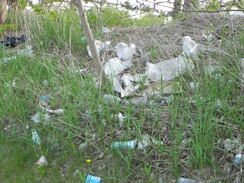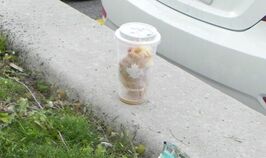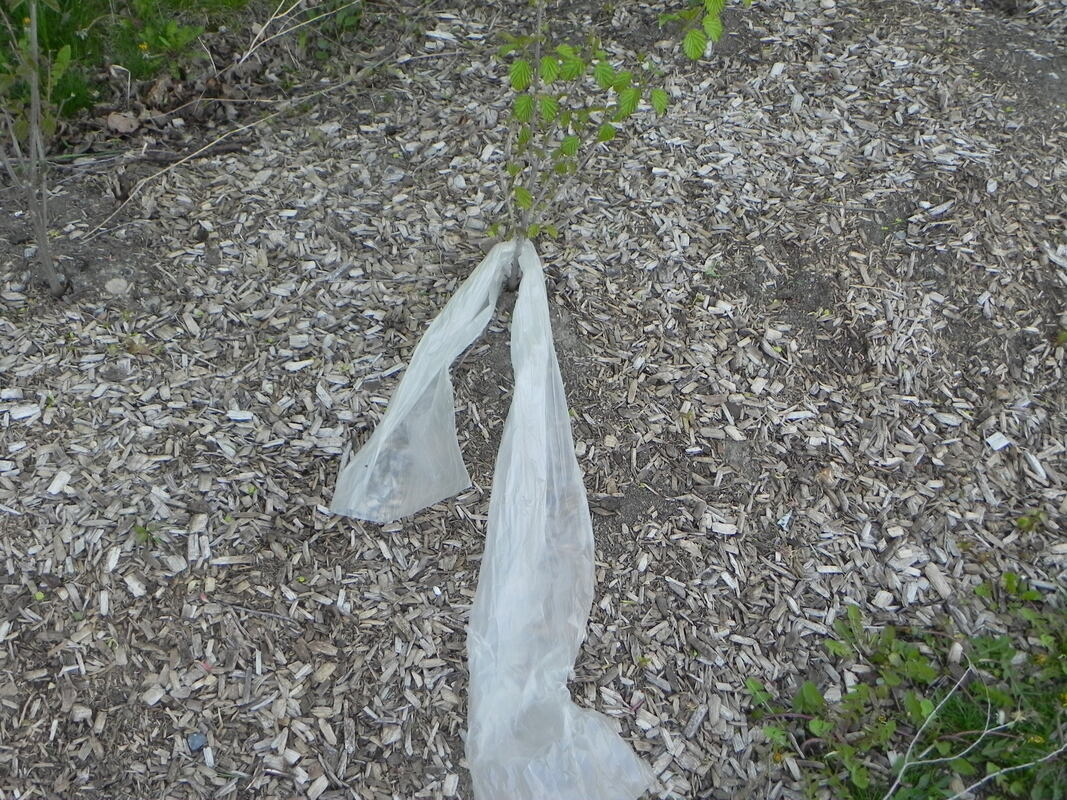Don’t be shy about enforcing bylaws and collecting fines. The actions of people who disregard bylaws cost the rest of us a lot of money. People who litter and dump, for example, including motorists from their vehicles, are committing an environmental crime and creating impossible cleanup costs.
Fines may change behaviors and save the City money ultimately. In the meantime, collecting fines is a good thing, not something a City needs to make excuses for, especially a city as broke as Toronto.
With the increasing use of cameras for traffic violations, do what they do in the UK and adopt LitterCam technology that is an AI model for identifying any motorist who litters, no matter how small the item. There should be green wardens to first educate and then enforce environmental laws such as the idling bylaw.
While fines may not raise massive revenues, they convey a message that Toronto isn’t going to turn its back on infractions anymore and will do whatever it takes to achieve a public understanding of and compliance with fineable offences.
The hoped-for result here is a cleaner, safer City and revenue to help pay for the problems by-law breakers cause.



 RSS Feed
RSS Feed